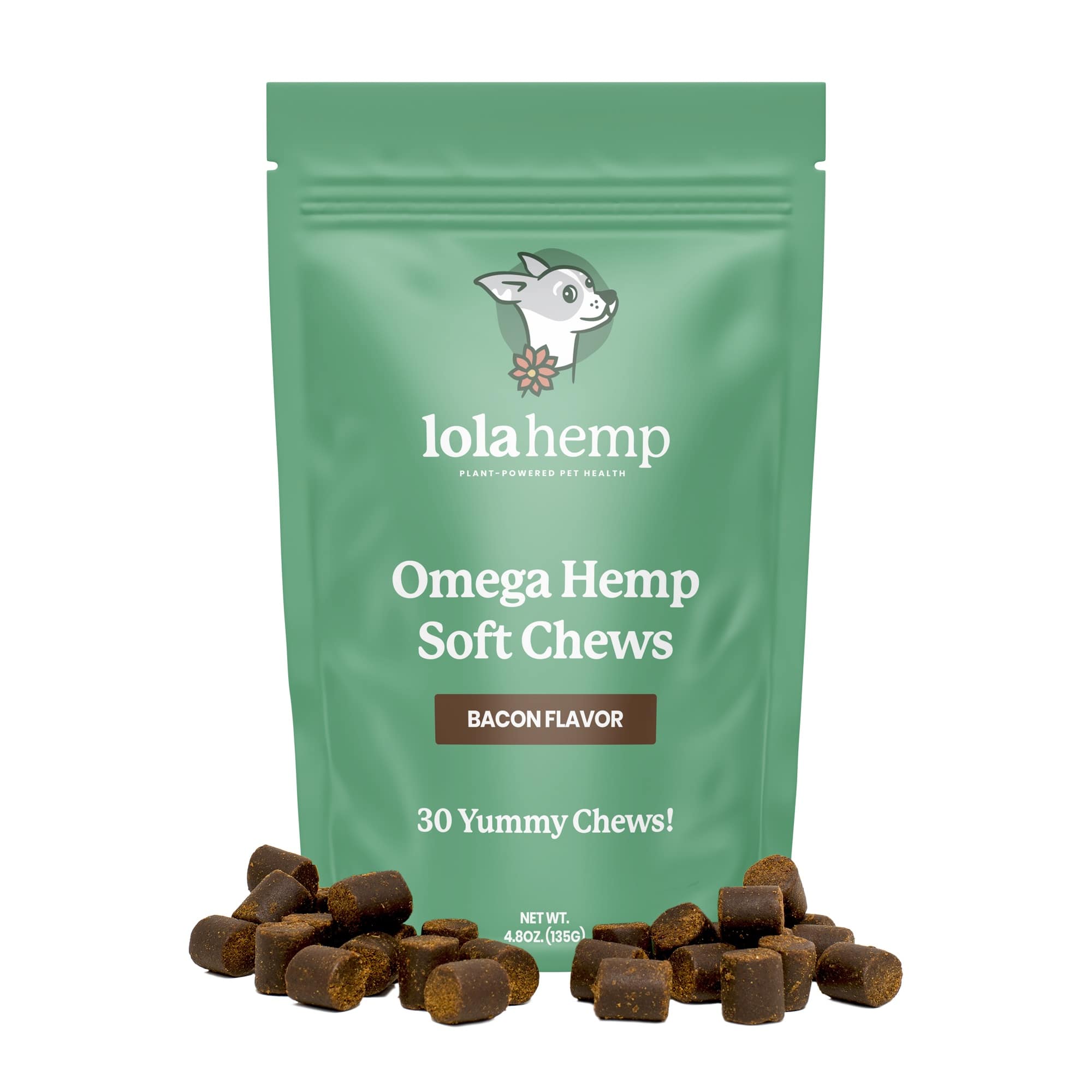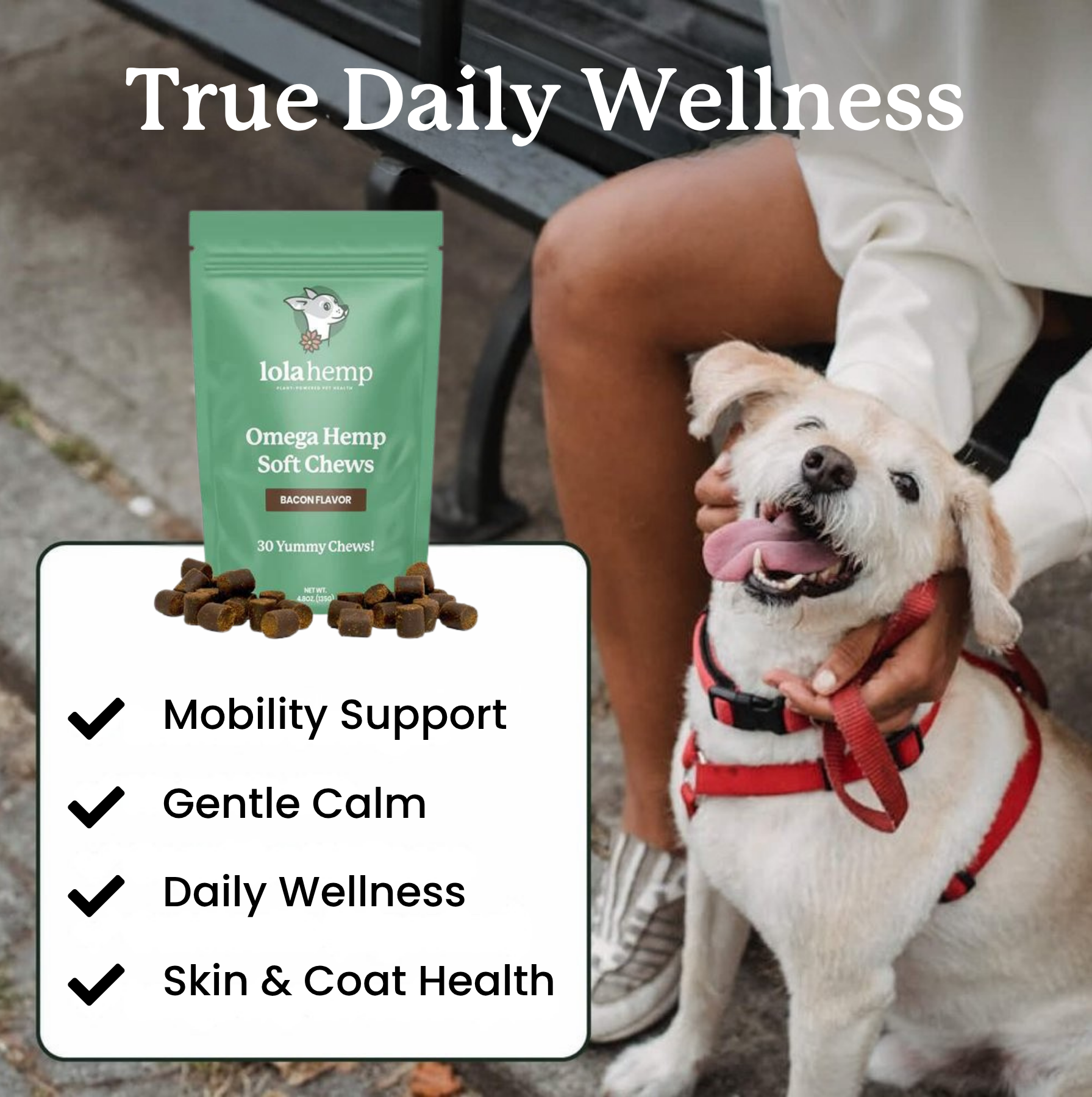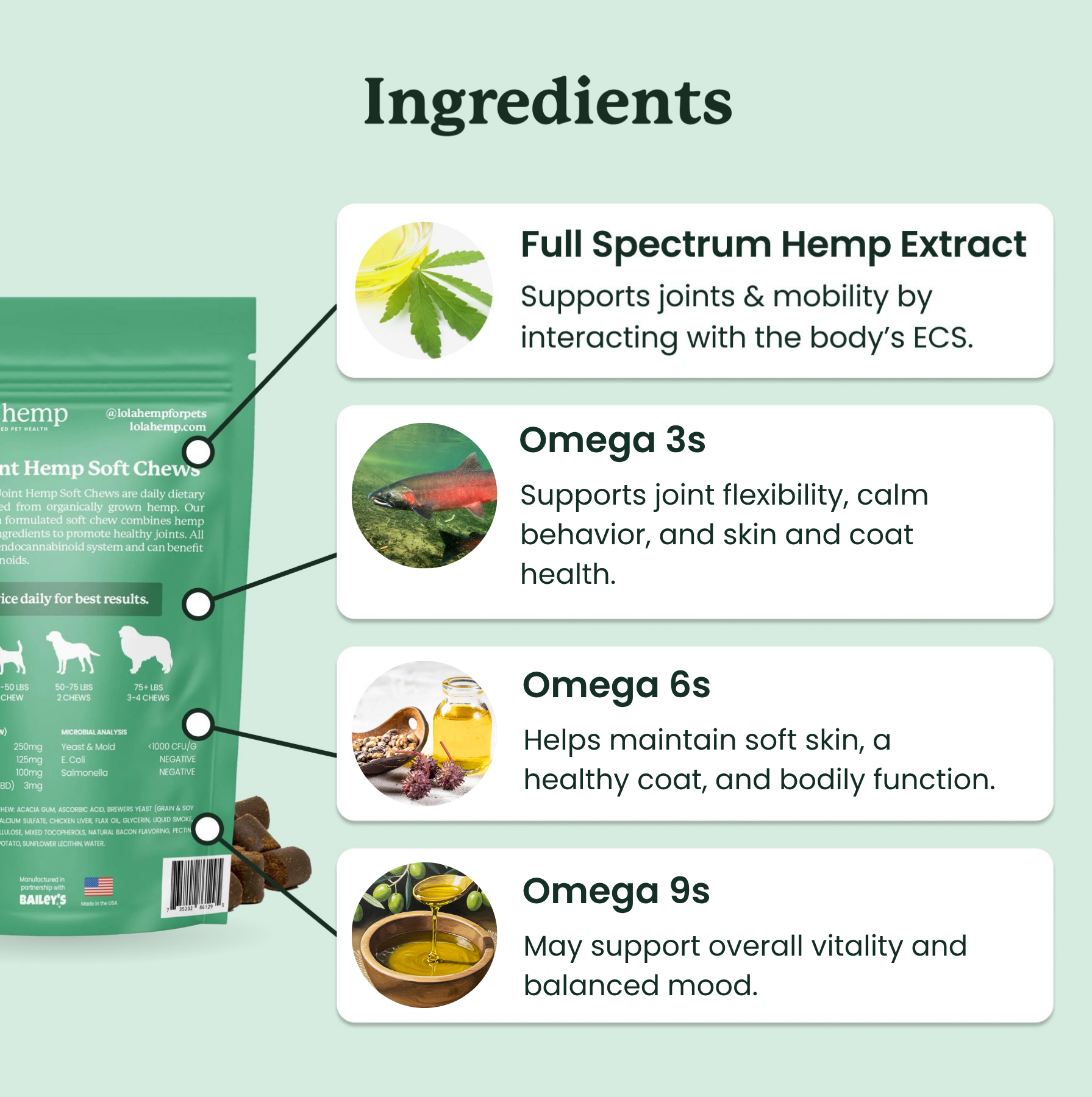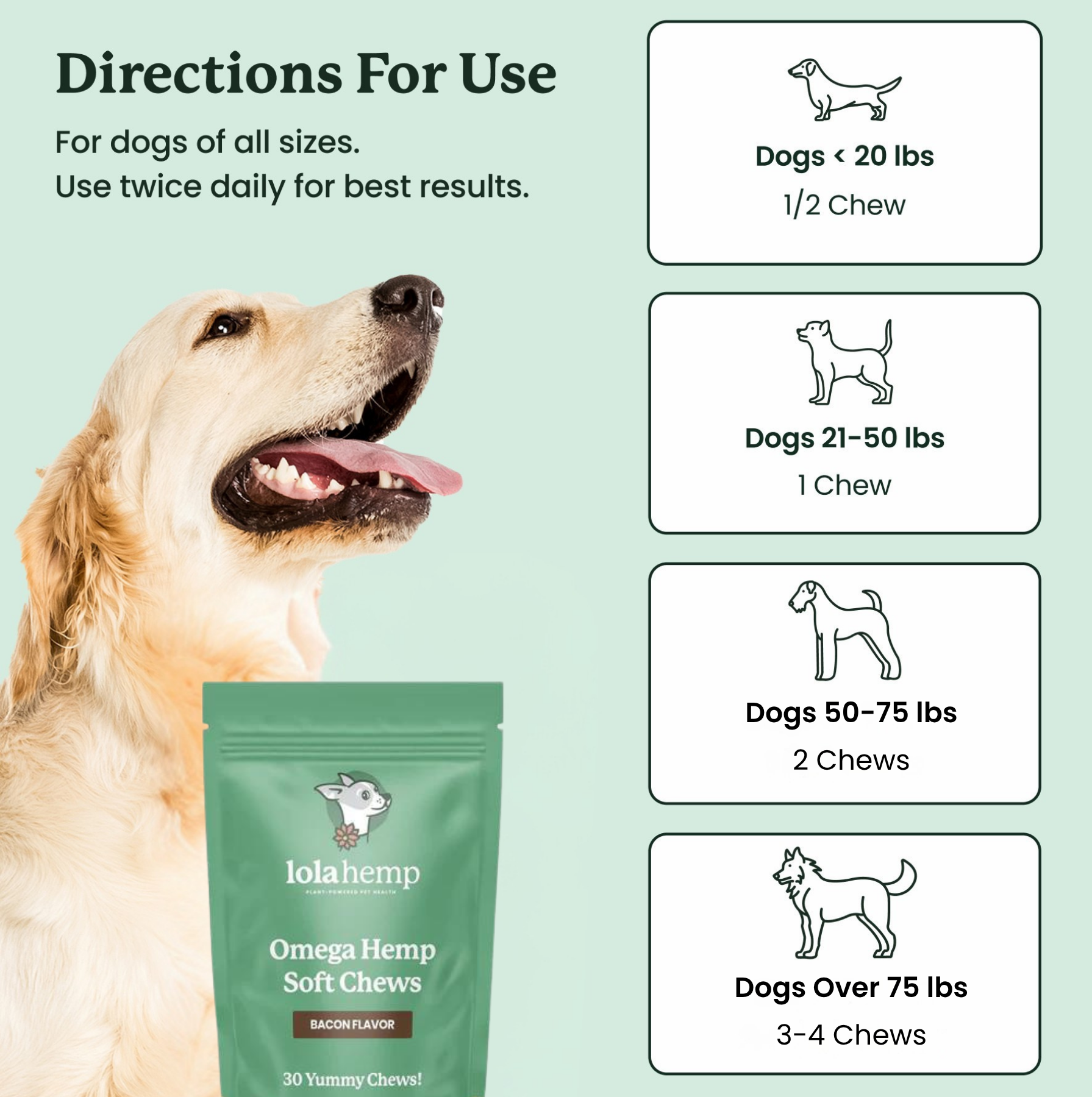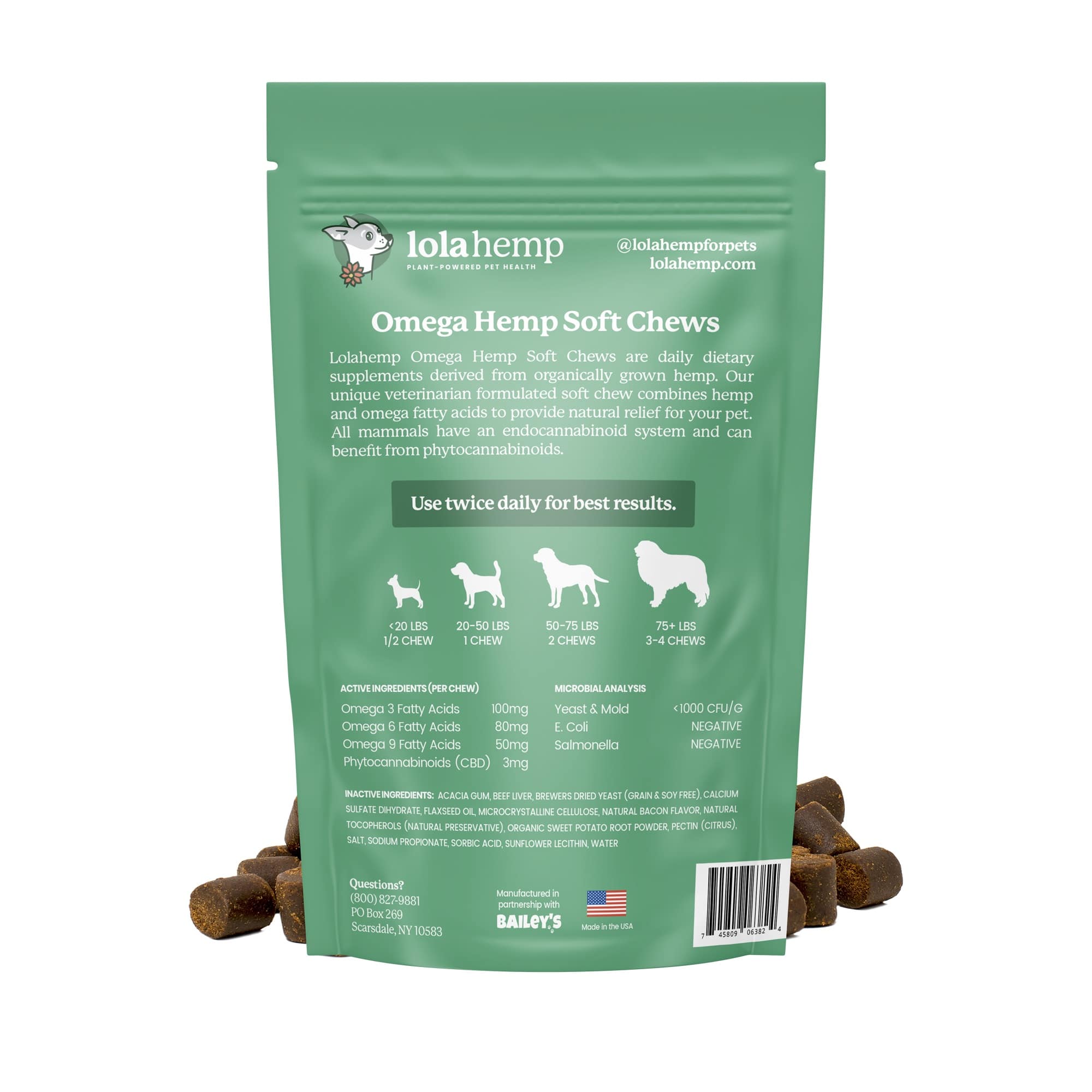It's a common question for dog owners when we realize that traditional kibble might not be providing comprehensive nutrition for our furry friends. The reality is that yes, dogs need vitamins, but they might not need any vitamins or supplements if they aren't showing signs of vitamin deficiencies.
Vitamins are the building blocks for your dog's diet, and nutritional needs can change as your dog moves through life stages. As your dog ages, supplementing their diets with vitamins, minerals, healthy fruits & vegetables, or herbal remedies could be a way to improve their quality of life.
This article provides some more detailed answers to the questions you're likely having.
Vitamins for Canines: An Overview
Vitamins and minerals are organic materials that dogs need to function properly and live happy lives. Fortunately, all of the essential vitamins and minerals should be found in your dog's kibble. Kibble brands must provide a "complete and balanced diet" for dogs, meaning that their essential vitamins and dietary requirements are typically met by most kibble brands.

Dog Vitamin Types
Dogs require a range of vitamins to maintain overall health, similar to humans. Kibble typically has the full breadth of these vitamins and nutrients, but you may want to supplement your dog's kibble with vegetables or other ingredients that are nutrient dense and safe for dogs.
Essential Vitamins for Dogs
Some vitamins are not synthesized or produced within your dog's body, which makes it essential that they get those specific vitamins in their daily diet.
- Vitamin A: Important for vision, immune function, and skin health.
- Vitamin D: Helps regulate calcium and phosphorus for bone health.
- Vitamin E: A key antioxidant that supports skin health and the immune system.
- Vitamin K: Necessary for proper blood clotting.
- B Vitamins: Important for energy production, nerve function, and red blood cell formation.
Non-Essential Vitamins for Dogs
The vitamins below are synthesized within your dog's body, so they are not essential dietary components. Still, supplementing them may support dogs with health issues or provide a general wellness boost.
- Vitamin C: May support the immune system and reduce inflammation.
- Choline: Supports liver health, brain function, and the nervous system.
- Vitamin B5: Helps with energy metabolism and skin health.
- Vitamin B7: Supports coat health and helps prevent hair thinning.
- Vitamin B12: May help with digestive or absorption issues.
- Inositol: Supports brain health and improves coat condition.
When to Consider Supplements for Your Dog's Diet
Your dog's diet usually contains all essential nutrients, but supplements may be helpful when:
- Dogs have health issues, such as skin problems, hair loss, or cognitive decline.
- Senior dogs or those with medical issues affecting nutrient absorption.
- Dogs on a homemade diet lacking certain vitamins or minerals.
Always consult with your veterinarian before adding supplements. Dogs only need extra vitamins when experiencing a decline in health or specific deficiencies.
Conclusion: Are Canine Vitamins Good for Your Dog's Health?
While most kibble and vet-approved dog foods provide complete nutrition, certain dogs—especially seniors or those with chronic issues—may benefit from supplements or nutrient-dense foods. If your dog suffers from arthritis, joint pain, or other chronic concerns, ask your veterinarian about appropriate vitamin or supplement options.
If you're considering supplements, consider Lolahemp products. Lolahemp offers natural ingredient formulas for joint health, mobility, calming, and immune support. Share our site with your veterinarian, review our lab results, and see whether Lolahemp could support your dog’s health.
Dog Vitamins and Supplements – Frequently Asked Questions
Do dogs need vitamins?
Dogs need vitamins, but most receive proper amounts through balanced kibble. Supplements are only necessary when deficiencies or health concerns arise.
Can I give my dog human vitamins?
No. Human vitamins may contain harmful doses or unsafe ingredients for dogs.
What vitamins are essential for dogs?
Dogs require vitamins A, D, E, K, and various B vitamins for proper body function and overall health.
When should I add supplements to my dog's diet?
Supplements are useful for senior dogs, dogs with health issues, or those eating homemade diets that lack certain nutrients.

